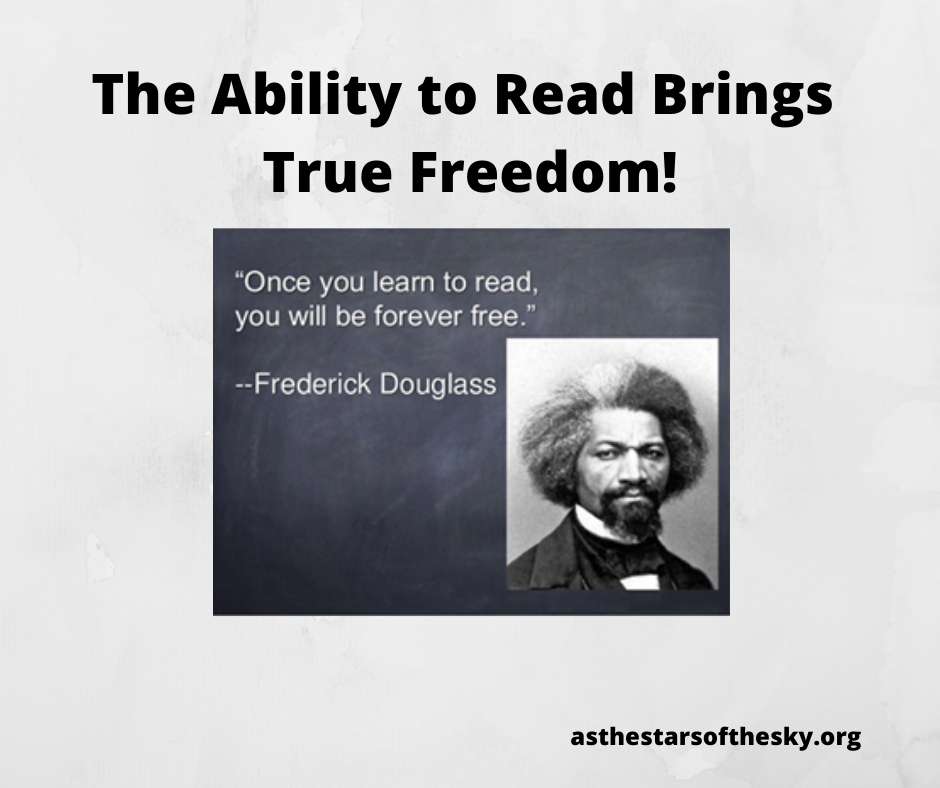There has been a long history in this country of women fighting inequality, whether it be the start of the feminist movement in the mid-1800s or the women of today demanding equal treatment in the workplace and in politics. Even with the strides that women have made since the banding together of the Suffragettes, there is still more work to be done. Importantly, however, we must acknowledge the hard work and sacrifice of many outstanding women, including the following:
1. Ida B. Wells. This courageous woman played one of the most integral parts in the feminist and civil rights movements. As an African American woman born in 1862 Mississippi, she knew first-hand about discrimination. Her struggles inspired her to create an all-black publication titled The Free Speech, which exposed the inequalities and mistreatment that came with being black in the South. When given the choice to stop her publication or be killed, she did neither. She moved to the North, and she never stopped production of The Free Speech.
Not only was she disliked by white men at the time, but also some women. When she marched in the 1913 suffrage parade, she was shunned by many of the women involved - some even refusing to march alongside her because she was a woman of color. Through it all, she stayed headstrong and continued to focus on issues that plagued the African American community. She never gave up the fight. She truly was an exemplary woman and is still a role model for many today!
2. Patsy Mink. Born in Hawaii in 1927, Patsy grew up to become a lawyer and then became the first Asian American elected to Congress. She was actually the first woman of color to serve in that position. In her time there, she co-authored Title IX, a federal law that prohibits any educational facility from discriminating against a person because of his/her gender.
3. Sylvia Mendez. Sylvia’s father was a Mexican immigrant and her mother was from Puerto Rico. In the 1940s, when she was a child, schools in California were segregated into “Whites only”, which had better books and curriculum, and “Hispanics”. To fight this racism, her parents attempted to enroll her and her siblings in a “Whites only” school, but were denied. They took the matter to court and eventually won. As a result, the governor of California was forced to desegregate all schools and public places. Her lawsuit paved the way and was a reference for similar cases, such as the famous Brown v. Board of Education, which brought desegregation to all schools. She is one of the primary reasons that we have integrated classrooms today.
4. Wilma Mankiller. Wilma gained notoriety after her very memorable protest at Alcatraz Island alongside other Native Americans who were reclaiming the land in 1969 since the federal government was not using the prison anymore. She later began working for the Cherokee Nation government as a director of community development and was eventually able to climb up the political ladder and become the first female principle chief of the Cherokee Nation in 1985.
5. Molly Dewson. College educated, Molly began her foray into politics in her home state of Massachusetts, where she worked for an organization promoting women’s education, the rights of women in the workplace, and the social advancement of women. Later, she joined Eleanor Roosevelt to motivate women to vote in the 1932 presidential election for Franklin D. Roosevelt. After his victory, she was instrumental in getting women to be appointed to high government positions, including Secretary of Labor.
What women inspire you? Talk with your children about those referred to in my blog and other famous women.
To find out more information about these and other phenomenal women, visit THIS PAGE or CLICK HERE.


